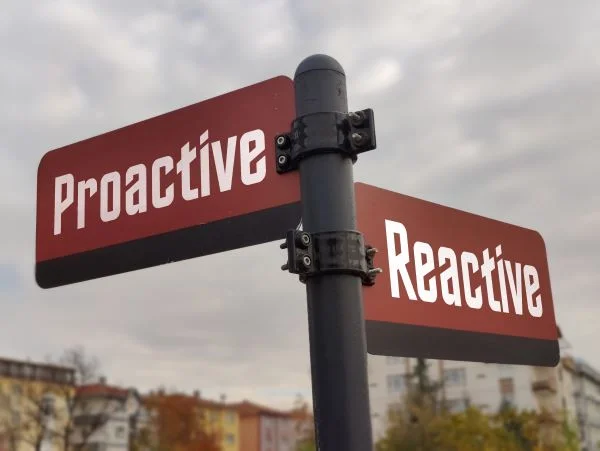There is no question that experience is an important tool in building employee confidence in the decisions they make and actions they take – especially in high stress situations. With experience comes an understanding of the information available, cause and effect relationships, and potential alternatives. Each of these things helps lower the overall stress level of the situation and enables the employee to think more clearly about what actions should be taken. The challenge for many companies is figuring out how to provide employees with experiences to learn these things without creating a live situation that puts the operations at risk. Simulation is one of the most effective tools available for doing this.
Overriding the Fight, Flight or Freeze Response
When it comes to crisis situations, outages, and other important operational scenarios, ambiguity and simply “not knowing what will happen” can cause employees to freeze, become overly cautious, or overly aggressive in their response. This is the natural fight, flight or freeze response. The key to overcoming the natural tendency and enabling thoughtful analysis and decision making is removing the “crisis” from the situation and retraining the natural response. This goal is to develop new associations between the triggering events (I see this) and the impulse response (I do that). Some simulations are intended to be repetitive and consistent while others are designed to be different every time they are run.
Types of Simulations
Some simulations are focused on building basic skills through presenting scenarios and environments aligned to the way the participant expects them to be. Think about a pilot in a flight simulator practicing takeoffs and landings at an airport that they have never flown into before. The environment is static and predictable, enabling the pilot to practice the activity multiple times- thinking about what they want to do, refining and adjusting their approach and technique with each iteration. When the time comes to perform the activities in a real airplane, the pilot will be familiar with the environment and actions that need to be performed to complete the task successfully – without the stress that comes with the ambiguity of doing it for the first time.
Other simulations are focused on training participants to deal with unknown situations, high levels of variability and the need to make decisions under pressure. The simulation assumes that the participants already have basic skills and know how to deal with “normal operating conditions” and instead use disruptions and unexpected triggering events to prompt assessment and action. Often these simulations will be adaptive, meaning that when one action is taken, the simulation responds with the expected result, prompting a next move. These simulations work very similar to a chess game – the gameboard is known, the pieces and their movements are understood, however the actions of the opposing player create unknown situations that trigger some sort of response. There will always be unknown situations in operations – the purpose of these simulations is to enable the participant to understand and respond to those unknowns and disruptions without triggering the innate crisis response (fight/flight) behavior.
Simulation in Operations
Simulation has been used as an effective tool by businesses, military forces, athletes and even people practicing meditation for many years. Sometimes simulations can go by other names such as: mathematical modeling, tabletop exercises, mental walkthroughs, war-games, dress rehearsals and scenario testing, but these things are all essentially simulations. They are artificially created environments and situations that enable participants to experience various physical and mental stimuli and practice responding to them. Simulation has shown to be a highly-effective tool in training operations staff because they can be tailored to the organization’s unique environment and team dynamics. In real-world situations, problems are solved by a team so it makes sense that simulation, practice and coaching are best performed as team activities as well.
Kepner Tregoe has been an industry leader in helping organizations develop problem solving, operations effectiveness and continuous improvement capabilities for over 60 years. We understand the role that simulation can play in providing your employees with valuable experience to enable them to respond to crisis situations (and normal day operations) thoughtfully and decisively.



